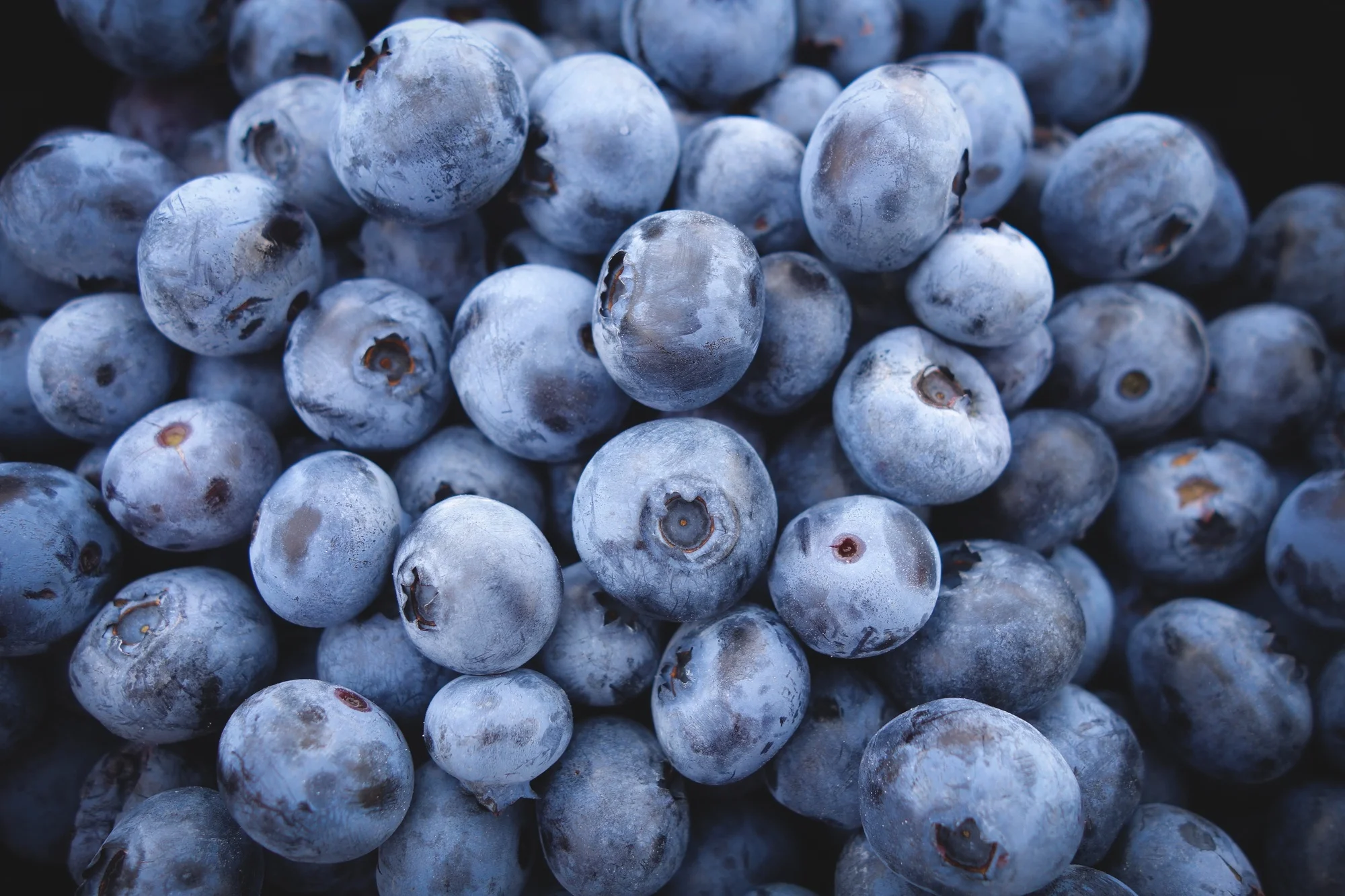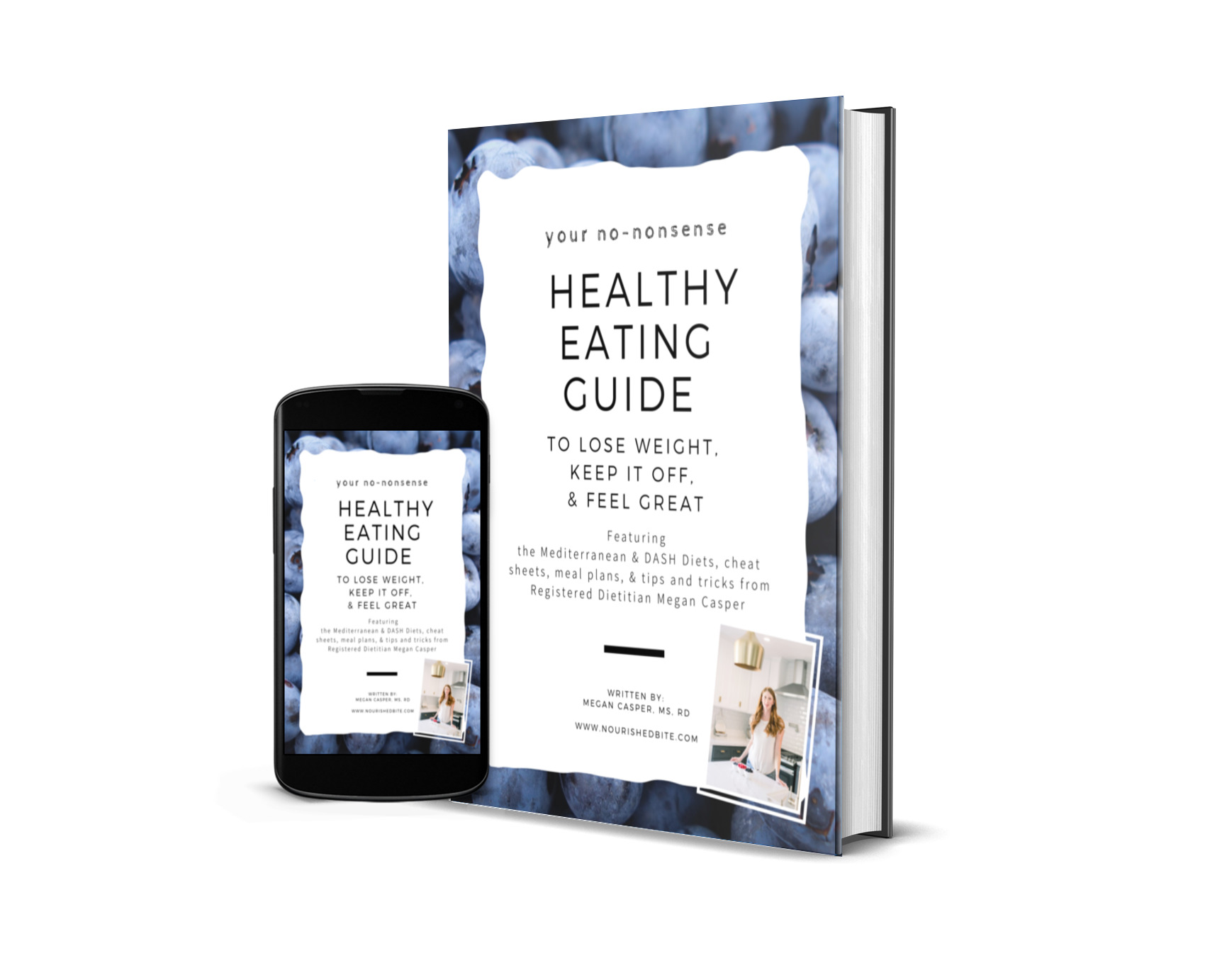6 Reasons A Gluten Free Diet Isn't Right For You
/Gluten-free diets are as popular as ever! Check out these six common mistakes people make when trying to go GF before deciding if this diet is right for you.
You don’t actually need to be gluten-free: Many people who lose weight on a gluten-free diet do so because they’re sticking to a diet in general, not because gluten causes weight gain. Instead of going gluten-free to cut out carbohydrates, consider cutting down on processed grain products and switching in whole grains, beans, nuts and vegetables. Try quinoa, sorghum, millet, rice, and buckwheat instead of wheat.
Takeaway: Before going on a gluten-free diet, make sure to be tested for IgA anti-gliadin antibodies to see if you have a gluten sensitivity.You’re wasting money: Gluten-free products are far more expensive than regular fare. In fact, one study found that gluten free products are on average more than 200% more expensive.
Takeaway: The most cost-effective and healthy way to follow the gluten-free diet is to choose naturally gluten-free foods. Check labels to avoid wheat, rye, barley, triticale, malt, brewer’s yeast, and wheat starch. While oats do not contain gluten, they can be cross-contaminated with wheat, rye and barley during harvest. Many companies list if their products were made in a facility that also processes gluten containing products.You’re missing out on nutrients: Gluten-free products are not typically fortified with iron, folate and other B vitamins like traditional products.
TiTakeawayp: Eating a diet rich in vegetables and other whole grains ensures that someone following a gluten-free diet will still get these important nutrients.You’re swapping in too many processed foods: Many people see “gluten-free” on the label and assume a product is healthy. While gluten-free packaged foods are convenient, many of them are filled with fat, sugar and other fillers to make foods the right consistency.
Takeaway: Remember that just because a product says it’s gluten free does not mean it’s healthyYou’re forgetting that carbs are actually GOOD for you: Consuming whole grains has been linked to reduced risk of coronary heart disease, cardiovascular disease, and cancer. When people without celiac disease sub in processed foods for whole, unprocessed grains they can miss out on these important health benefits. Not only does the dietary fiber found in whole grains fill you up, it can also improve blood cholesterol levels and lower the risk of heart disease, stroke, obesity and type 2 diabetes.
TakeawayTip: Try to make at least half of the grains you eat whole grains. One recent study found that switching to whole grains reduced calorie intake and increased metabolism, a net change that was the equivalent of a daily 30 minute walk!You may still be eating gluten: Gluten is found in many places. Besides the obvious culprits gluten can also be found in malt, brewer’s yeast, and soy sauce. Wheat can also be listed as durum, emmer, semolina, spelt, farina, and farro. Some surprising products that may contain gluten include processed meats, thickened sauces and soups, salad dressing, vitamins and supplements, lipstick, drugs and other over the counter medications, and even play-dough. Foods may be cross-contaminated when cooked on the same surfaces or in frying oil.
Takeaway: When dining out, tell your server your dietary restrictions. When in doubt, contact a product’s manufacturer to see if the product contains gluten.
A version of this article originally appeared on Doctor Oz.



